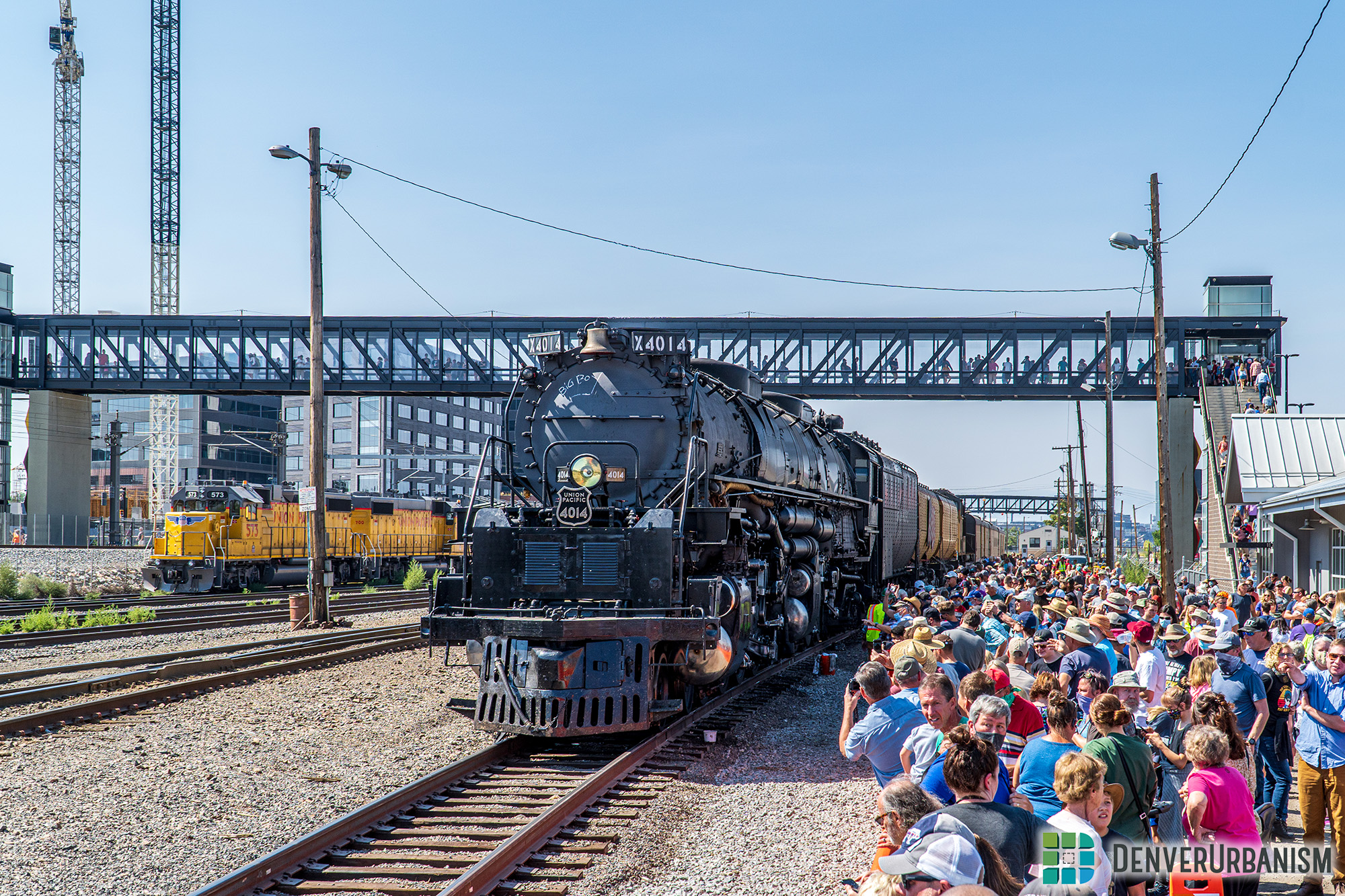Just how many Denverites commute to work via transit? How about bicycle? How do the commuting choices of Denver workers compare to those of workers in other cities?
The Transport Politic, an impressive blog covering national transportation issues, recently took up the question of metropolitan mode share. Using detailed information from American Community Survey for the 30 largest metropolitan areas, they produced data on the percentage of commuters who get to work via each mode of travel. I’ve taken the liberty of copying TTP’s spreadsheet and sorting it to produce rankings for each mode.
It’s important to note that these rankings are only for job trips, and that they cover all job trips within the metropolitan area (not only the ones downtown).
So where does Denver rank?
In terms of the percentage of workers who get to work by driving alone, Denver is an impressive 11th lowest. 76% of Denverites drive to work alone, which is solidly within the “better than average” part of the rankings. Detroit (84%) is the worst, and New York (50%) is the best.
The next largest chunk of workers in Denver commute by carpooling. 9.5% of Denver area workers carpool, which is good for 17th most in the United States. That puts Denver at slightly below average for the 30 largest cities, but in this case being below average is actually a good thing, because it means people are being even more efficient and using transit. Riverside, CA (15.6%) tops the carpooling list, and New York (7%) is at the bottom.
Speaking of transit, Denver ranks a slightly above average 13th out of 30, with 4.6%. New York (30.5%) is the highest, and Kansas City (1.2%) the lowest. Out of the 19 cities on the list that lack heavy subway systems, Denver is an impressive 5th. When FasTracks opens and more of Denver becomes accessible via rapid transit, we can expect to approach the overall top 10.
Not very many Denverites walk to work. Our 2.2% walk share is only good for 16th place. New York (6.3%) is tops, and Orlando (1.0%) is the bottom. And while even fewer people bike to work, fewer still do so in almost every other American city. Denver’s bike share of 0.72% is good for 10th highest nationally, compared to a high of 1.13% in Portland and a low of 0.13% in Dallas.
Overall, it is clear that Denver performs relatively well compared to the national average. We’re in the top half in three out of five data sets, and in the top 2/3 of all of them. Given that the Denver region has only the 20th most workers, we are hitting “above our weight” in every single category.
That said, it’s also clear that Denver has a long way to go if we want to catch up with the national leaders. We only hit the top 10 in one category, and then only just barely. Programs like FasTracks and Denver B-Cycle are moving us in the right direction, but we still have a long way to go.










“In terms of the percentage…Detroit (84%) is the worst, and New York (50%) is the best.”
I would posit:
“Detroit (84%) is the best, and New York (50%) is the worst.”
Commuting alone means freedom.
At your own time and speed.
No consideration of others.
The true “American Way®”.
I think, when considering all of the deleterious effects of single-commuter vehicles (including but not limited to increased traffic, increased pollution, and increased parking difficulties), it quickly becomes apparent that these negatives outweigh the benefit of decreased travel time.
I personally carpool or ride transit most days, and it affords me more reading time and a chance to relax, which can sometimes be hard to come by.
You mean freedom to sit in rush hour traffic with the rest of those people who also relish their “freedom”, Dave? I’d be a hyporcite if I didn’t say that I do commute to work alone each day, and that my current commute is in the range of 30 miles each way, but this isn’t in Denver, it’s in Houston, and there’s just no other viable way for me to get to and from work, honestly. In many cities, commuting via carpooling, transit, etc., is very feasible, and I’d do it in a heartbeat if given the opportunity!
Nothing wrong with car ownership, but there’s nothing wrong with using transit, either. Freedom is the choice of options, not always having to drive your car if you don’t choose to.
Commuting alone means pollution, traffic, and wasted resources.
At an accelerated rate.
No consideration of others.
The true “American Way®”.
(In handy bullet points for you).
Yes, but paying for the privledge of driving alone, at your own time and speed, with no consideration of others doesn’t necessarily mean financial freedom. If my family were to purchase a second car so that I was privledged with the opportunity to commute at my own time, speed and with no consideration of others, I would ironically be stuck at home because I wouldn’t have enough disposable income to go out and have fun. I don’t necessarily consider that scenario the best option for me.
I believe the comments of Dave Barnes were meant to be satirical. Otherwise, why write “no consideration of others.” No one but a true believer in the divinity of Ayn Rand would think that way. And those people are all busy writing comments on the Denver Post’s website.
It’s hard to believe anyone would seriously posit Detroit as an example of a successful American city to be emulated. So hard to believe that I doubt the statement was serious.